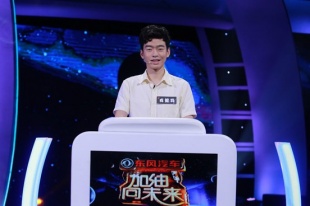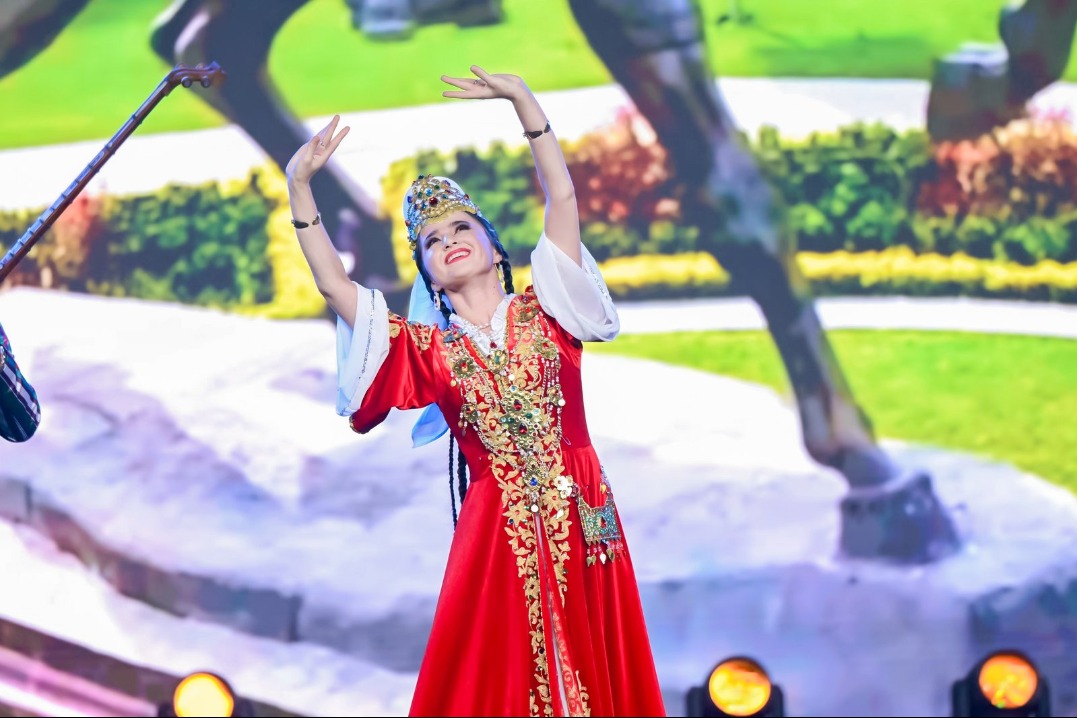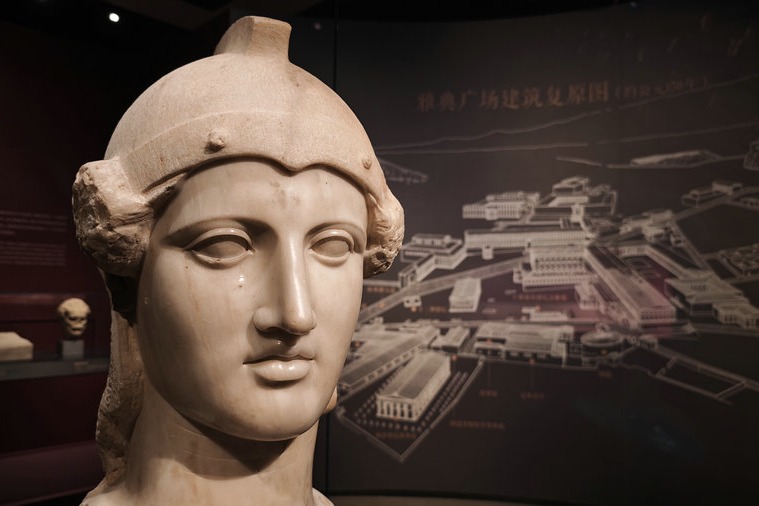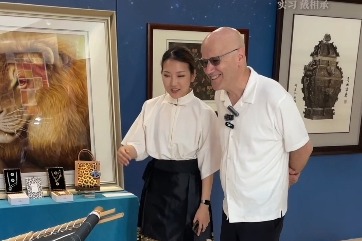Big brains win big fame

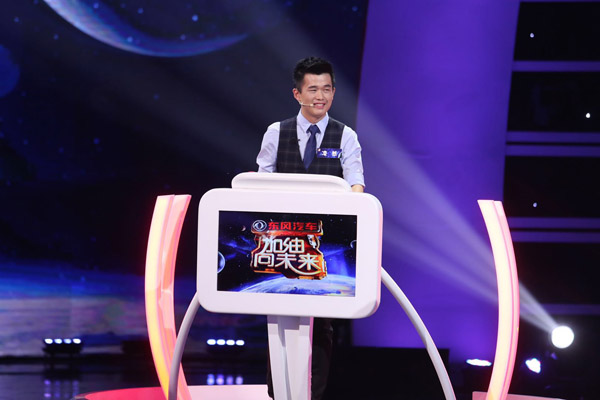
Those who have also won fans are Ling Ran, a 26-year-old PhD graduate of environment engineering at the National University of Singapore, and Zhang Haolin, a biochemistry doctorate student at the Chinese Academy of Sciences.
Producer Wang Xuechun says the show has led to the creation of positive role models for China's children and teenagers in an era dominated by entertainment.
"Now that the show has broadcast its third season, our aim is not only to disseminate scientific knowledge but also to convey the spirit and strength of science," says Wang.
And she gives the instance of an episode featuring how artificial intelligence has transformed the life of a young woman who lost an arm when she was 2.
Lin Anlu realized her dream of playing piano after having practiced with a mind-controlled prosthetic limb for six months. And on the show she performed a four-handed duet with celebrated pianist Lang Lang.
The show also features eye-popping experiments, including breeding a chick incubated in a glass jar, dealing with a cube of flammable ice brought from the deep sea and escaping when a car sinks into water.
Speaking about the inspiration behind the show, which broadcast its first season in 2016, Wang says: "We've seen that European and US TV shows often feature interesting scientific experiments. But this was rarely done in China."
Also, the production team believed that the popularization of science knowledge and boosting of scientific research would be one of China's key goals in the years ahead, says Zhang Yuanyuan.
To ensure the credibility of the show, some of China's top scientists - such as renowned marine geologist Wang Pinxian and physicist Cao Zexian - guide and supervise all the experiments.
The show seems to have ignited a passion for science off-screen. And the production team's campaign to pick two experiments for the show from nearly 300 candidates has earned 170 million "clicks".
The two chosen experiments - one to observe how long potatoes will take to rot in outer space and one about liquid metal - were to be carried in a satellite to be launched by a privately developed rocket from Jiuquan in Northwest China's Gansu province on Oct 27. But the launch was not successful.
Speaking about the setback, Jia Shanshan, who's also a producer and director of the show, says: "Our attempt to do the two space experiments failed, but we are not frustrated.
"It helps us realize that it is a tough journey to pursue a scientific dream. And the most important thing is to persist with courage."


